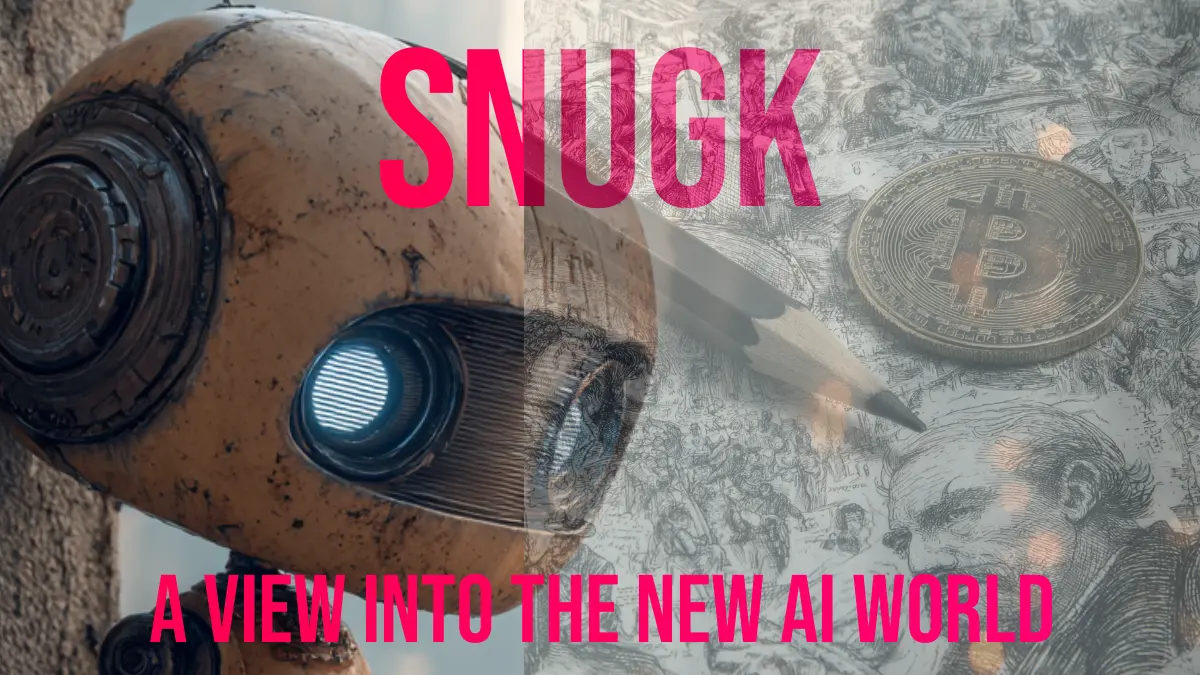Source: YouTube | Moonshots
Imagine a world where your savings don’t evaporate from inflation, taxes, or government seizures. Where anyone—from an Uber driver in Lagos to a dentist in Detroit—can own a slice of global wealth, securely and instantly. That’s the bold vision Michael Saylor, the Bitcoin evangelist and MicroStrategy chairman, painted in a recent “Moonshots & Mindsets” podcast with Peter Diamandis. If you’re skeptical about crypto hype, this conversation might just convert you. Let’s break it down into the gems that make Bitcoin not just an investment, but a ticket to abundance.
Saylor, an MIT engineering whiz who’s turned his software company into the world’s biggest Bitcoin holder, didn’t mince words: Traditional stores of value like gold, real estate, or cash are broken. Gold? It’s “semi-portable” at best and gets diluted by 2-3% yearly from mining—halving its value every 35 years, not to mention governments confiscating it (hello, history’s gold seizures). Real estate? Sure, a Manhattan block might appreciate, but good luck dodging endless taxes, zoning fights, or eminent domain. And cash? The U.S. dollar loses 7% of its buying power annually; in places like Argentina or Turkey, it’s 50%. “It’s like bleeding to death,” Saylor quipped, likening inflation to a slow economic hemorrhage that starves societies of progress.
Enter Bitcoin: the “digital gold” that’s actually better. With a fixed supply of 21 million coins, it’s immune to debasement. You can zap $1 million across the globe in seconds—no banks, no borders, no permission needed. Saylor crunched the numbers: If Bitcoin captures gold’s $10 trillion market, it hits $500,000 per coin. But as “digital property,” replacing land, stocks, and bonds ($500 trillion total)? We’re talking $5 million to $10 million per BTC. “It’s property rights at any scale,” he said, perfect for the 3 billion unbanked folks who can’t snag a Picasso or a NYC condo share. For everyday savers, it’s egalitarian magic—$127 buys you a real asset that travels at light speed.
What sparked Saylor’s Bitcoin “religion”? A brutal 2020 crisis. MicroStrategy sat on $500 million in “dead cash” yielding 0% while the Fed printed money like confetti (20% supply growth yearly). Stocks tanked; alternatives like buybacks or acquisitions had 99% failure rates in his industry. “Fast death or slow death?” he asked. He bet on Bitcoin as an “underappreciated big tech monopoly”—like early Google or Facebook. It paid off: Since August 2020, MicroStrategy’s stock crushed 97% of the S&P 500. No crystal ball, but Saylor sees it as the “Facebook of money,” still in its deceptive early phase. “I thought I was late to Bitcoin,” he tweeted once. Nope—exponential growth means it’s just getting started.
But this isn’t just finance talk; it’s philosophy. Saylor, a first-principles thinker, calls Bitcoin the “digital transformation of money, property, and energy.” Drawing from MIT and Thomas Kuhn, he explains paradigm shifts: Old systems die with their believers or in crises (wars, pandemics). Bitcoin? It’s 10x better—cheaper, faster, global. It solves the “double-spend” puzzle, creating “conservative digital energy” that respects physics (energy can’t be faked or duplicated). No more counterparty risk; it’s a truthful ledger, a “swarm of cyber hornets” guarding integrity in a bot-filled web. In a world of hyperinflating currencies (Sri Lanka’s recent collapse as exhibit A), Bitcoin fixes the “energy balance” of civilization, enabling frictionless trade for 8 billion people.
Saylor’s purpose? “Engineer a better world.” Tech is divine—fire, electricity, antibiotics lifted humanity. But politics? The villain, shutting down nuclear plants (Germany’s energy prices spiked 20x) or free trade via tariffs. He dreams of zero-marginal-cost wonders: Saylor.org already educates 1 million students quarterly for pennies. Imagine PhDs for $1,000 or AI doctors democratizing health. Longevity ties in too—Bitcoin conserves economic “life force,” much like paleo living (lean proteins, no junk) preserves your body. Saylor wants to live “as long as I can be constructive,” echoing Diamandis’s XPRIZE for age reversal.
Space fans, hold up: Cyberspace comes first. “Before outer space, we move to cyberspace,” Saylor insists. Mars colonies? Cool inspiration, but propulsion tech hasn’t budged in decades. Fix Earth’s money mess—wasting $10-20 trillion yearly on inefficiencies—then dream big. His ideal changes? Less government meddling, free infinite education, open wallets for seamless global trade. And his success mindset? Ten rules: Focus your energy, guard your time, think for yourself, upgrade the world. Simple, profound.
In the end, Bitcoin isn’t about get-rich-quick—it’s hope. Stable money means multi-decade dreams, not squandering savings in hyperinflation hell. As Saylor puts it, “Everywhere in the world, Bitcoin represents freedom, money, and hope.” If you’re building the future, whether in code or conviction, this chat is your wake-up call. Dive into the full episode for the math, metaphors, and mind-bending insights—it’s exponential baby all the way.
